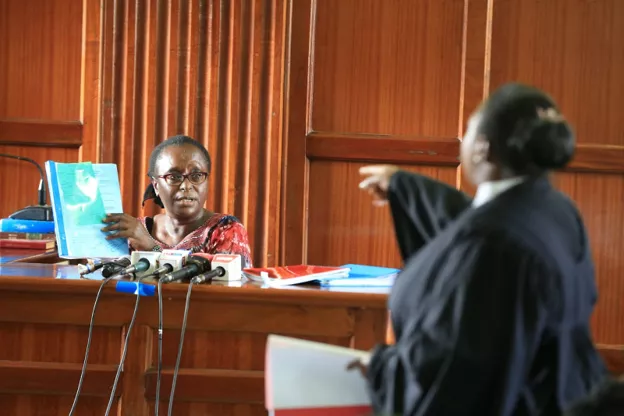Rule of Law
The rule of law is the foundation for democratic governance, critical to every aspect of USAID’s development agenda, and promoted through “people-centered justice"
The rule of law is the governing principle that all persons and entities, including the State itself, should be accountable to laws that are publicly promulgated, equally enforced and independently adjudicated, and consistent with international human rights. It encompasses order and security, legitimacy, checks and balances, fairness, and effective application of the law. Rule of law is integral to USAID’s development mission, both because it is an important development outcome itself, and because promoting accountability to the law supports other development objectives, such as combating corruption, countering conflict and atrocities, and enhancing livelihoods through economic growth and access to public goods and services.
Justice is the enforcement mechanism for the rule of law, and consequently, rule of law programming often works with justice systems in such areas as judicial independence and autonomy, court administration, legal education, legal profession, access to justice, citizen security, and criminal justice. In these efforts, USAID applies a “people-centered justice,” approach, which first asks what people need and want when they seek justice, and then provides responsive justice solutions that are evidence-based, data-driven, user-friendly, prevention-oriented, solution-focused, and capable of providing multiple pathways to justice.
USAID Rule of Law IDEAS Lab
Access cutting-edge tools and approaches to strengthen the rule of law and promote people-centered justice.

